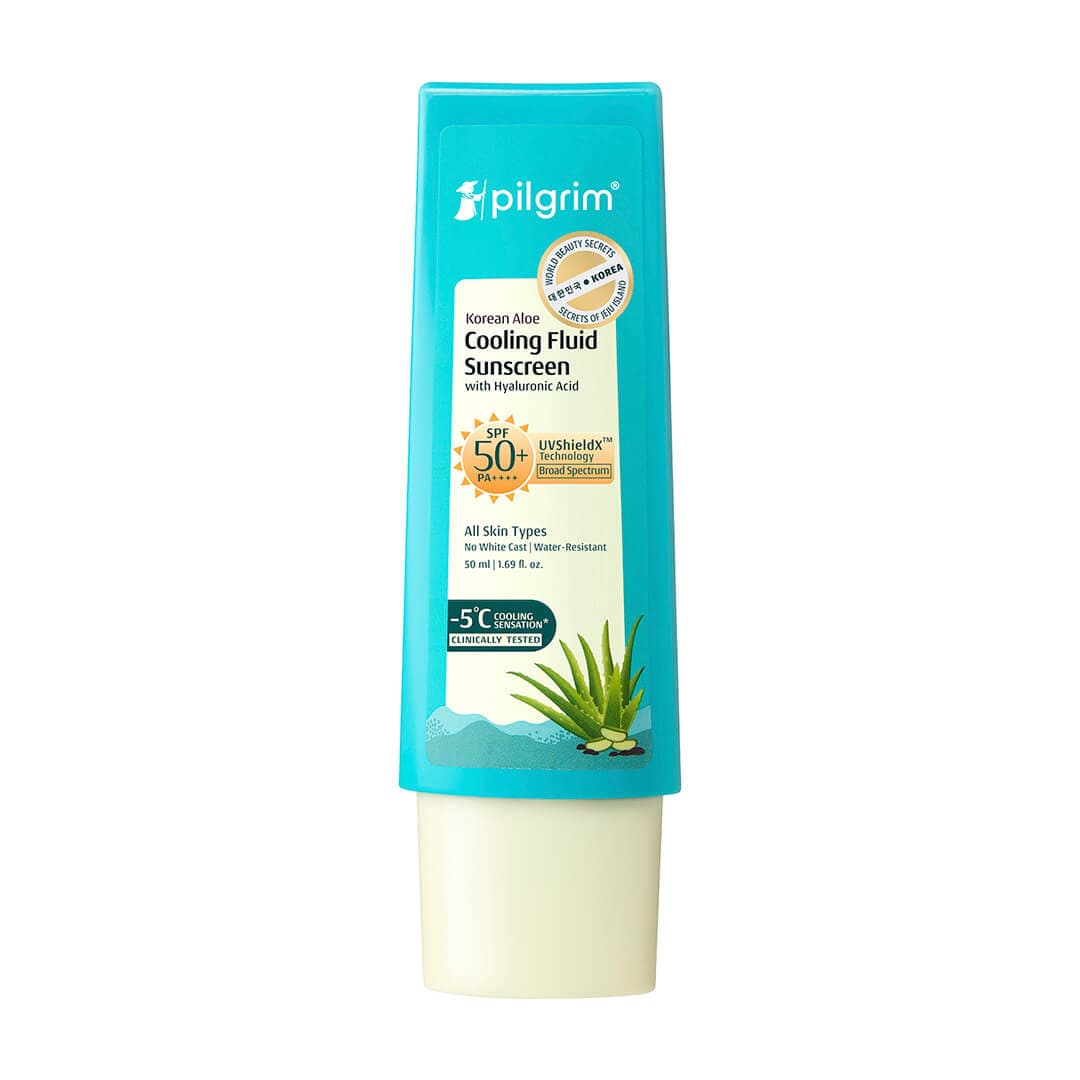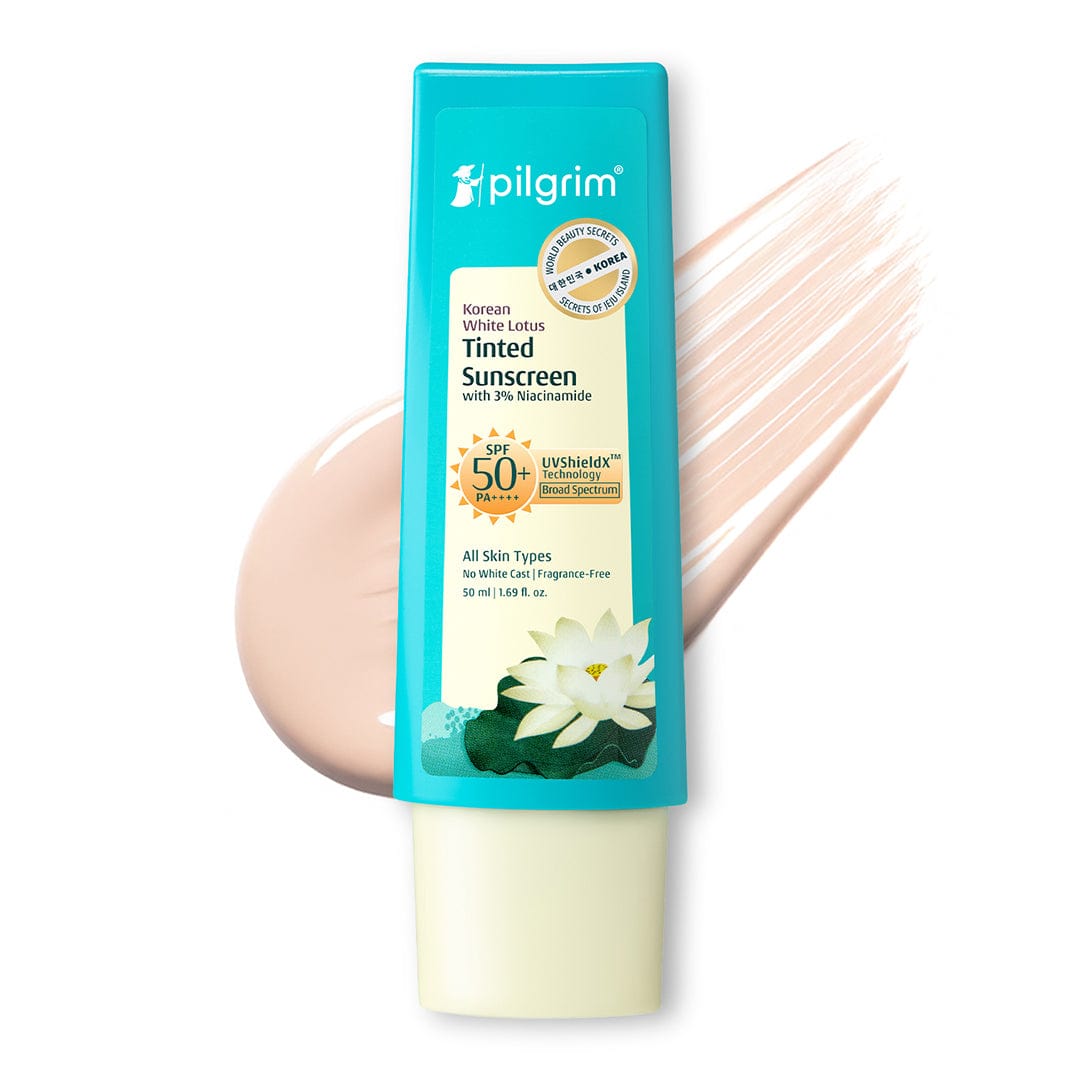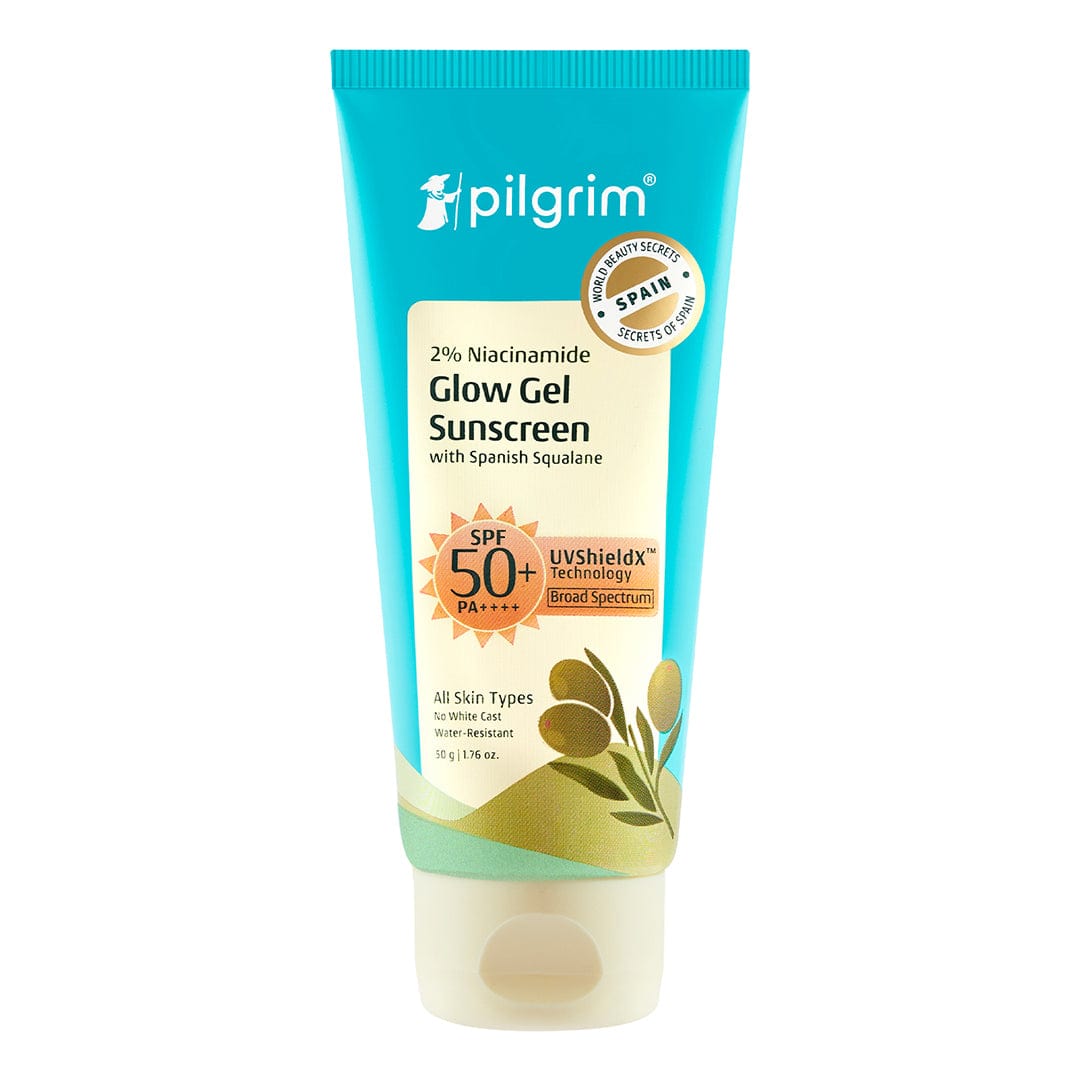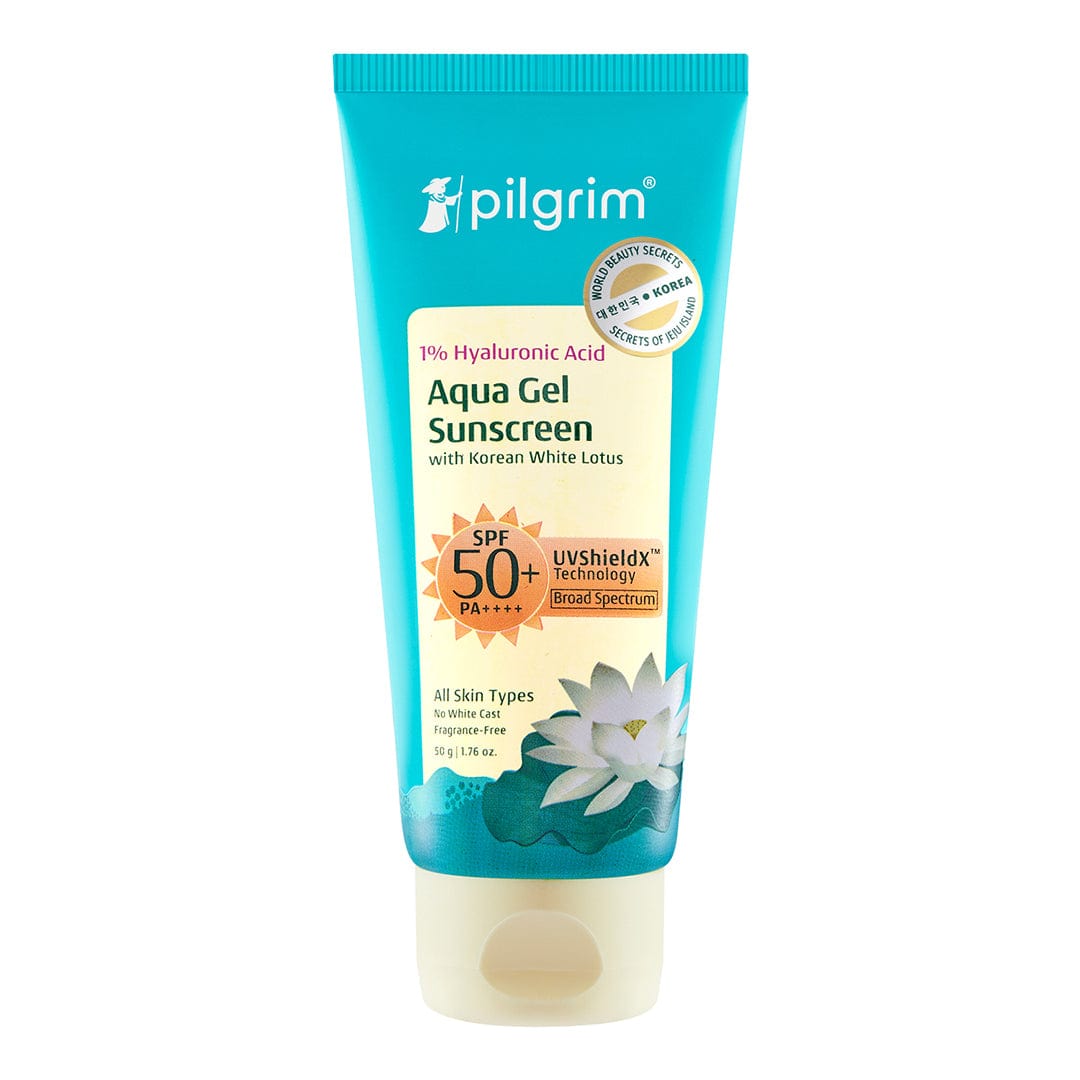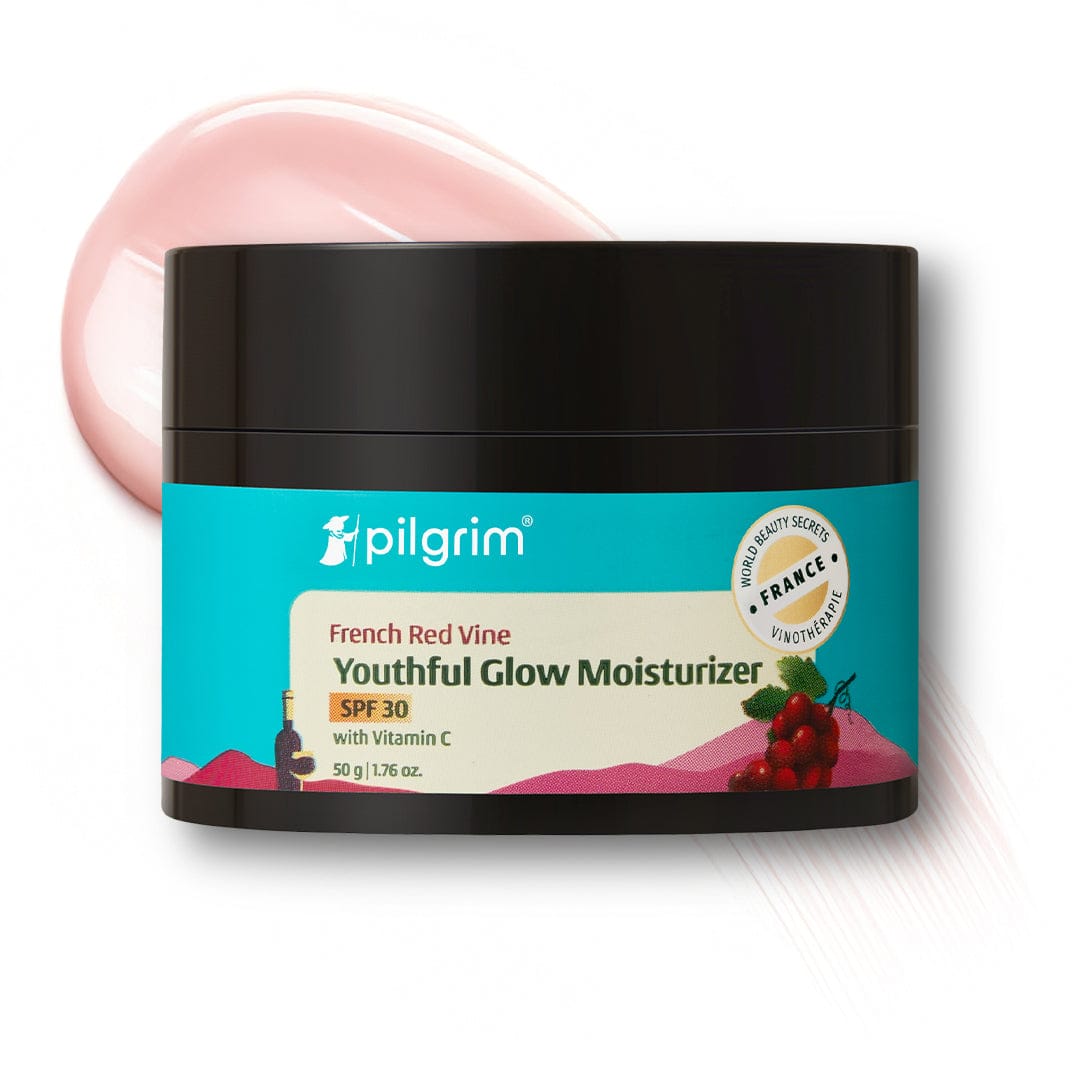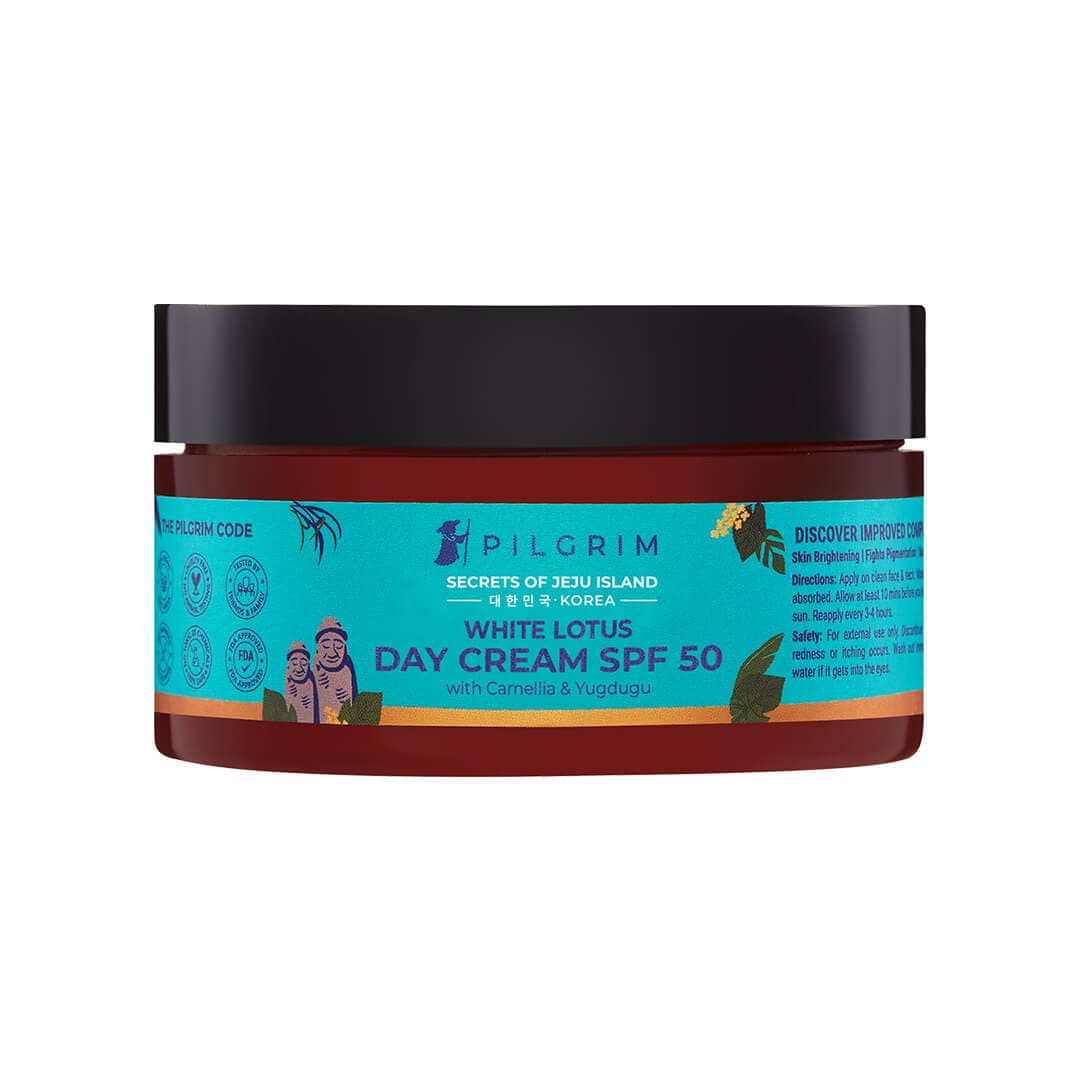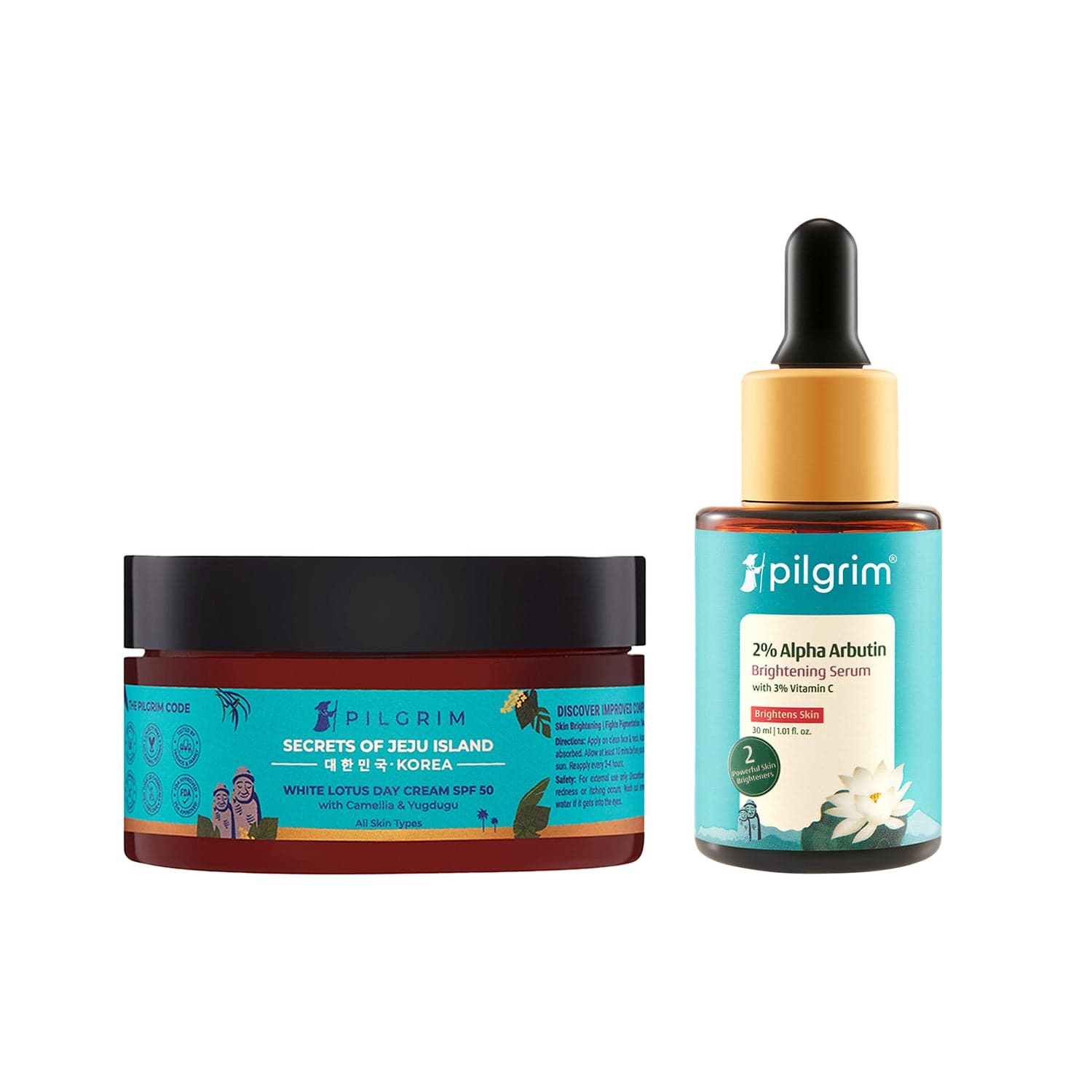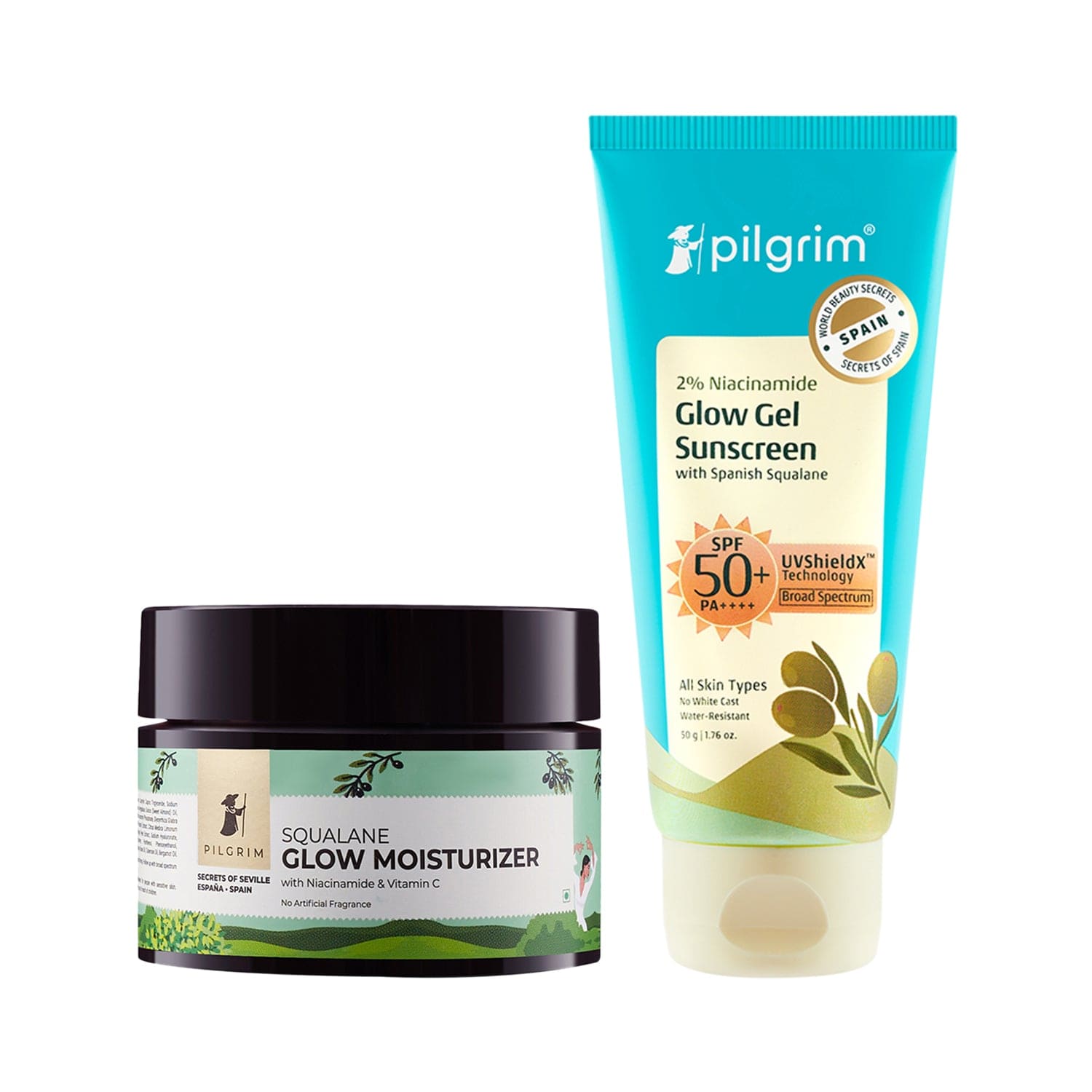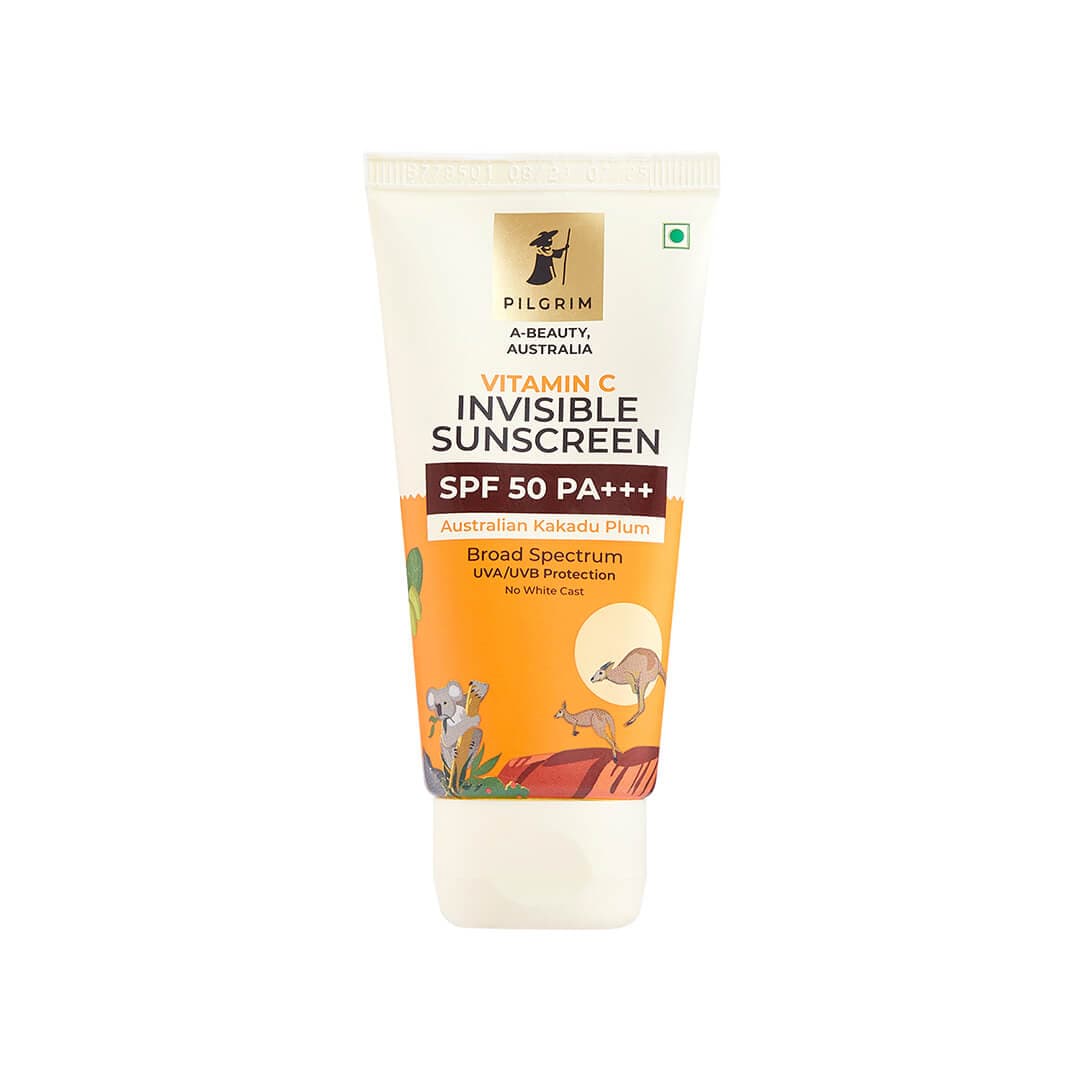Introduction to Sunscreen
Think sunscreen is just for beach days? Think again! Sunscreen is your skin’s daily bodyguard, standing firm against harmful UV rays that cause sunburn, premature aging, and deeper damage. Whether you're dashing out for errands or basking in the sun, a good sunscreen with skin-loving ingredients like hyaluronic acid or niacinamide is essential for that “no-burn, all-glow” kind of day.
Best Sunscreen Types and Key Ingredients for Different Skin Types
Choosing the right sunscreen can feel like navigating a maze. To make it simpler, here’s a guide to the best types of sunscreens, their standout ingredients, and which skin types they match best:
Oily Skin: For skin that turns shiny by lunchtime, matte finish or gel sunscreens are perfect. These formulations often include oil-absorbing agents and lightweight hydrators like niacinamide, which helps balance oil and reduce breakouts.
Dry Skin: If your skin feels parched, cream-based or hyaluronic acid-infused sunscreens are your saviors. Hyaluronic acid draws moisture in, keeping your skin hydrated and plump. Aloe vera-infused options add a soothing touch, ensuring your skin stays comfortable.
Sensitive Skin: If your skin reacts easily, barrier-repair sunscreens with ceramides are ideal. Ceramides help strengthen your skin’s natural defense while blocking UV damage. Formulas with aloe vera and minimal fragrance offer extra comfort.
Combination Skin: For those who battle an oily T-zone and dry patches, aqua sunscreens provide the perfect balance. A lightweight, invisible sunscreen that leaves no white cast works wonders for even coverage and seamless blending.
Normal Skin: Lucky you! Explore various types, including tinted, stick, or cream-based sunscreens. Tinted sunscreens with vitamin C and niacinamide add a touch of coverage, sun protection, and skin-brightening benefits all in one.
Different Types of Sunscreens and Their Uses
Matte Finish Sunscreen: Perfect for oily and combination skin, giving a shine-free look that lasts.
Invisible Sunscreen: Suited for all skin tones, leaving no residue or white cast.
Hyaluronic Acid Sunscreen: Keeps dry skin hydrated and fresh all day.
Barrier Repair Sunscreen with Ceramides: Reinforces sensitive skin’s barrier while offering robust UVA and UVB protection.
Niacinamide and Vitamin C Sunscreen: Brightens the skin while defending against free radicals.
Aloe Vera Infused Sunscreen: Soothes and cools the skin, great for sensitive types or after sun exposure.
Understanding PA Ratings and UV Filters
Ever wondered what those PA ratings mean? PA+++ and PA++++ indicate the level of protection against UVA rays (the aging ones). PA++++ offers the highest level of UVA defense, essential for places with intense sun exposure. Look for sunscreens with broad-spectrum coverage, which means they include UV filters that protect against both UVA (responsible for aging) and UVB rays (responsible for burning). This combination ensures your skin is shielded from all angles.
Sunscreen Formats Explained
Gel Sunscreen: Lightweight and quick to absorb, ideal for a fresh feel.
Cream Sunscreen: Perfect for dry or mature skin needing extra moisture.
Liquid Sunscreen: Offers a no-fuss, easy application with even coverage.
Tinted Sunscreen: Blends protection with a touch of color for light coverage.
Sunscreen Stick: Handy for on-the-go reapplication, without spills.
Sunscreen Spray: Great for fast, convenient daily reapplication, even over make-up.
Waterproof Sunscreen: Formulated to stay put even when swimming or sweating, perfect for active lifestyles.
Benefits of Using Sunscreen
Sunscreen isn’t just a summer fling—it’s your long-term skin guardian. It shields you from sunburn, reduces the risk of skin cancer, and combats premature aging by blocking harmful UV rays. With SPF 50, you’re protected from about 98% of UVB rays, and adding a strong PA rating means broad-spectrum protection against UVA rays. This dual action, supported by UV filters, ensures your skin stays youthful and healthy.
How to Apply Sunscreen
For best results, apply sunscreen as the final step in your morning skincare routine. Use a generous amount to cover all exposed areas like your face, neck, and arms. Wait about 15 minutes before heading out to let it absorb fully. Remember, reapply every two hours or after swimming or sweating for continuous protection.
Conclusion
Finding the right sunscreen for your skin type can make daily sun protection a breeze. With options designed to meet varied needs, keeping your skin safe, glowing, and healthy has never been easier.





